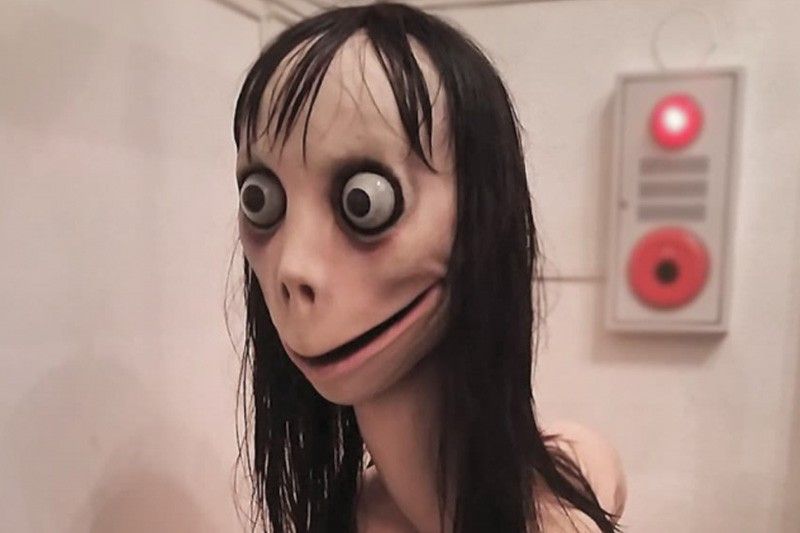'Momo challenge' debunked as a viral hoax

MANILA, Philippines — The controversial social media challenge—allegedly driving children to do dangerous activities—that perpetuated fear among parents and guardians all over the world is a hoax, a report said.
Based on unverified testimonies, the so-called Momo challenge features the image of “Momo” appearing on platforms such as WhatsApp and YouTube. It allegedly compels children to engage in dangerous tasks such as taking pills and even killing themselves.
But according to an article from The Atlantic, the “Momo challenge” is a “recurring viral hoax.”
The Atlantic noted that the spread of the challenge even took place a year ago.
Snopes, a fact-checking website, also cited an incident in which deaths of minors in Argentina and Colombia were thought to be related to the game even if police had yet to confirm the causes of deaths.
We want to clear something up regarding the Momo Challenge: We’ve seen no recent evidence of videos promoting the Momo Challenge on YouTube. Videos encouraging harmful and dangerous challenges are against our policies.
— YouTube (@YouTube) February 27, 2019
The Atlantic article read: "The Momo challenge wasn’t real then, and it isn’t real now. YouTube confirmed that, contrary to press reports, it hasn’t seen evidence of videos showing or promoting the ‘Momo challenge’ on its platform."
“Additionally, there have been zero corroborated reports of any child ever taking his or her own life after participating in this phony challenge,” it further read.
“Momo”—a grinning character with dark hair and bulging eyes—is actually a sculpture created for the Japanese special effects company Link Factory.
The craze prompted the country’s Department of Information and Communications Technology to form a task force that would investigate the controversial “Momo challenge.” The task force includes officials from the Philippine National Police, National Telecommunications Commission, the Department of Justice and the Department of Social Welfare and Development.
It also led the Department of Education to urge parents to be mindful of and attentive to the digital activities of their children.
Causing harm
While the Snopes article suggested the “Momo challenge“ was “far more hype or hoax than reality,” it warned the craze could still be a cause of concern.
“The subject has generated rumors that in themselves can be [a] cause of concern among children,” the report said.
An article from The Guardian also stressed that spreading such trends can actually cause harm.
“These stories being highly-publicized and starting a panic means vulnerable people get to know about it and that creates risks,” United Kingdom-based suicide awareness charity Samaritans told The Guardian.
So what should parents do? The Snopes article advised that parents should teach their children to inform them of any online material that scares them.
“Perhaps the best general advice is for parents to address such issues pre-emptively, not necessarily dwelling on any specific rumors but advising their children to be responsible and let them know if they encounter anything in the digital realm that appears frightening or threatening,” it said. — Gaea Katreena Cabico
- Latest
- Trending





























